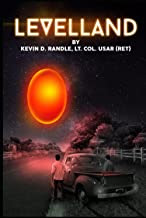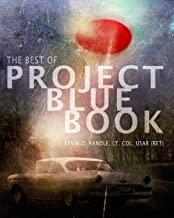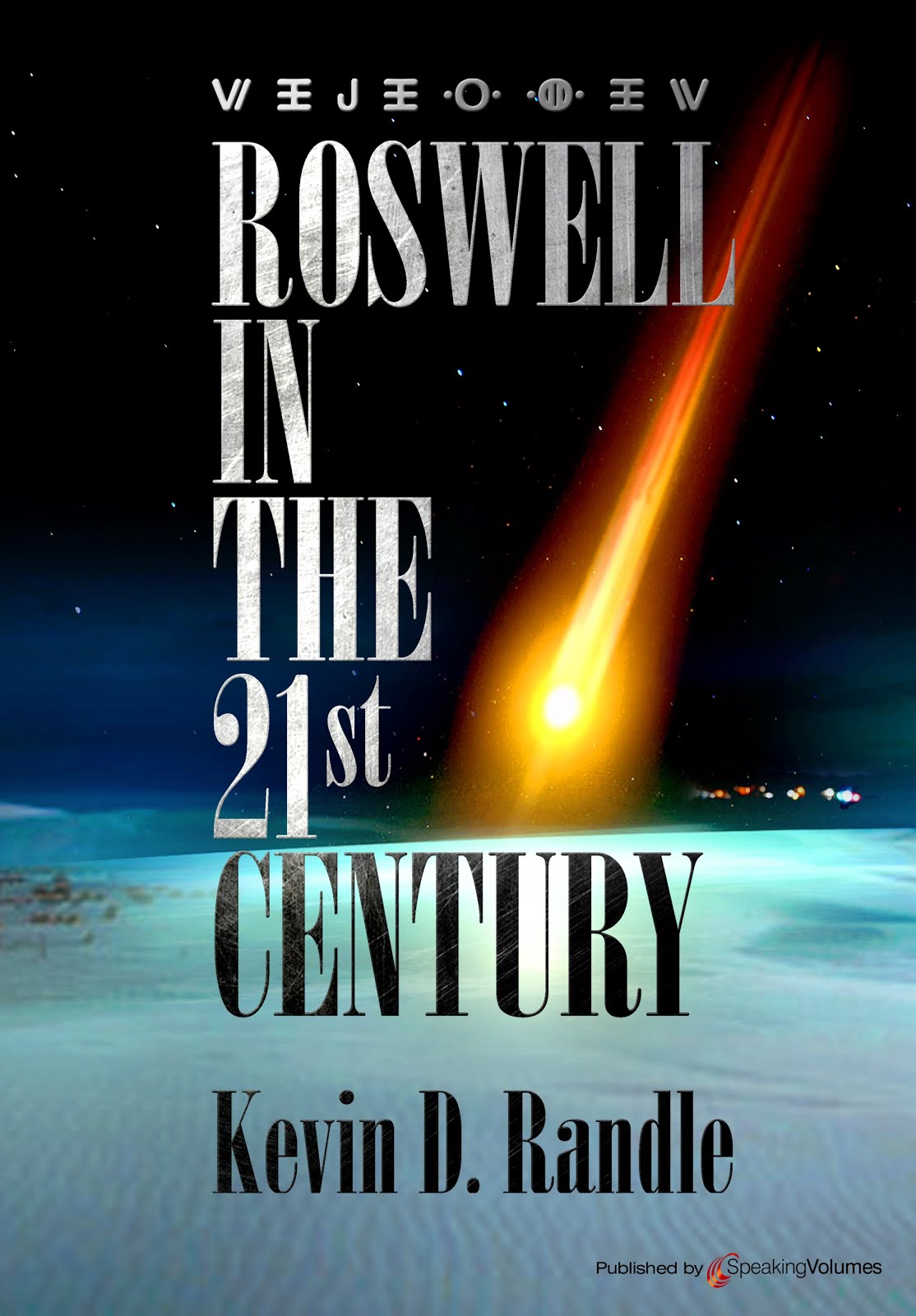When the testimony of a witness collapses, as it has with Roswell witness Frank Kaufmann, there are ramifications beyond the immediate. Sometimes it tells us about the reliability and credibility of others who claim involvement in a case. (For more on Kaufmann:
Maybe a moment of commentary is necessary to fully appreciate the damage done by Frank Kaufmann. As I was investigating the Roswell case:
Don Schmitt and I met many times with Walter Haut, the public information officer of the 509th Bomb Group, the unit credited with finding the wreckage of a flying saucer.
http://www.blogger.com/(http://www.roswellfiles.com/Witnesses/hautstory.htm
http://www.alienresistance.org/roswell1947ufocrash.htm
Haut wrote the press release and took it to the various media in Roswell. That was the story that suggested a flying saucer had been recovered outside of Roswell in July, 1947. (See also:
see UFO Crash at Roswell,
The Truth about the UFO Crash as Roswell or
The Roswell Enecyclopedia.)
During one of those interviews, Haut told us that someone we should talk to was Frank Kaufmann. I called Kaufmann in January, 1990, and he hinted at inside knowledge. Over the next couple of years, he said that he was on the inside, had participated in the retrieval of the craft just outside of Roswell, had seen the bodies of the dead alien creatures, and had helped orchestrate the cover-up. He knew nearly everything, or so he hinted.
Stan Friedman didn’t believe Kaufmann’s story. I did. I found little corroborations in it. For example, Kaufmann said that Brigadier General Martin Scanlon had been involved in the cover-up at Roswell. Scanlon, I learned, actually had a background in intelligence, having been an attache to the American embassy in London and later one of the architects of Air Force intelligence. Kaufmann’s naming of him seemed to suggest that Kaufmann knew what he was talking about.
But it could easily have been a coincidence, which with what we now know, is the more likely explanation.
When Kaufmann died his widow asked a number of UFO researchers including Mark Rodiegher and Mark Chesney to look at some of the papers that Kaufmann had left behind. What they discovered was the evidence that Kaufmann had fabricated his tale of involvement in the Roswell case, had forged documents about his military experience, and had created letters that were clearly faked. Kaufmann’s testimony was of no use and his tale nothing but invention.
But suddenly there were other questions. What about Walter Haut? He was the source of the Kaufmann lead. And, while talking to Haut about a decade ago, we asked about Kaufmann. Haut told us that anything Kaufmann said was golden. That was his word. Golden. Now we knew it was not.
Robert Shirkey had been assigned to the base in July, 1947, as an assistant operations officer.
He claimed limited knowledge of the case, but did suggest he had seen debris from the crash carried through the operations building so long ago. He provided a description of that debris that didn’t really match that given by other witnesses. It was close, but no real match.
Kaufmann and Shirkey wrote a book together about their Roswell experiences. Does this suggest that Shirkey’s tale is less than reliable? Well, sort of. Though it could be argued that Shirkey’s original tale was of such limited importance and his involvement so fleeting, that he could be excused for not knowing that Kaufmann’s claims were bogus.
But not so Philip J. Corso. In 1997, Corso burst on the Roswell scene with his bestseller, The Day After Roswell. He claimed inside knowledge, he claimed that he knew the whole story, and that he was responsible for salting Earth-based technology with that from the recovered alien ship.
When Corso and Kaufmann appeared on a radio program together and their stories came into conflict, Corso always bowed to Kaufmann’s greater knowledge. But, if Corso was who he said he was, wouldn’t he have known that Kaufmann was a fake? Why would Corso seem to endorse a man whose tale we now know is faked?
Corso’s story is rejected for quite a few other reasons and this is just one more. But it suggests something here. That those who are inventing their tales are quite careful not to label others as frauds. They support one another because in numbers, there is strength.
It was something that we saw in the contactee movement of the 1950s. George Adamski, who claimed to have ridden in a flying saucer, at the invitation of the crew, did not dispute the tale of George Van Tassel who claimed to have ridden in a flying saucer at the invitation of the crew. Adamski was friends with the Venusians and Van Tassel with the Martians. Adamski might suggest you couldn’t trust any of the Martians and Van Tassel would suggest the Venusians were not honest, but neither man directly attacked the other. Mutual support.
And that is what we have here. Kaufmann, we know, invented his tales of inside knowledge. Corso, would claimed the same thing, supported Kaufmann, as Kaufmann supported him. It is clear from the assembled evidence that neither man had inside knowledge.
Where does that leave Walter Haut? He was close to William Blanchard, the commander of the 509th Bomb Group, he was close to the inside on this story, and he was the one who gave us Frank Kaufmann. Doesn’t that call his testimony into question? Shouldn’t he have known that Kaufmann was not telling the truth? Especially when it is remembered that both men lived in Roswell long after the UFO crash and that they apparently knew one another for many years.
That, then, is the impact of Kaufmann. We know that his tale was bogus. If these others, who suggested they knew much more, who suggested inside knowledge, were who they claimed to be, they would have known that Kaufmann wasn’t telling the truth. And if they didn’t know, then their own tales are open to criticism. And that is the legacy of Kaufmann. We have a window into the Roswell case that we didn’t have earlier thanks to the destruction of the Kaufmann story.




















